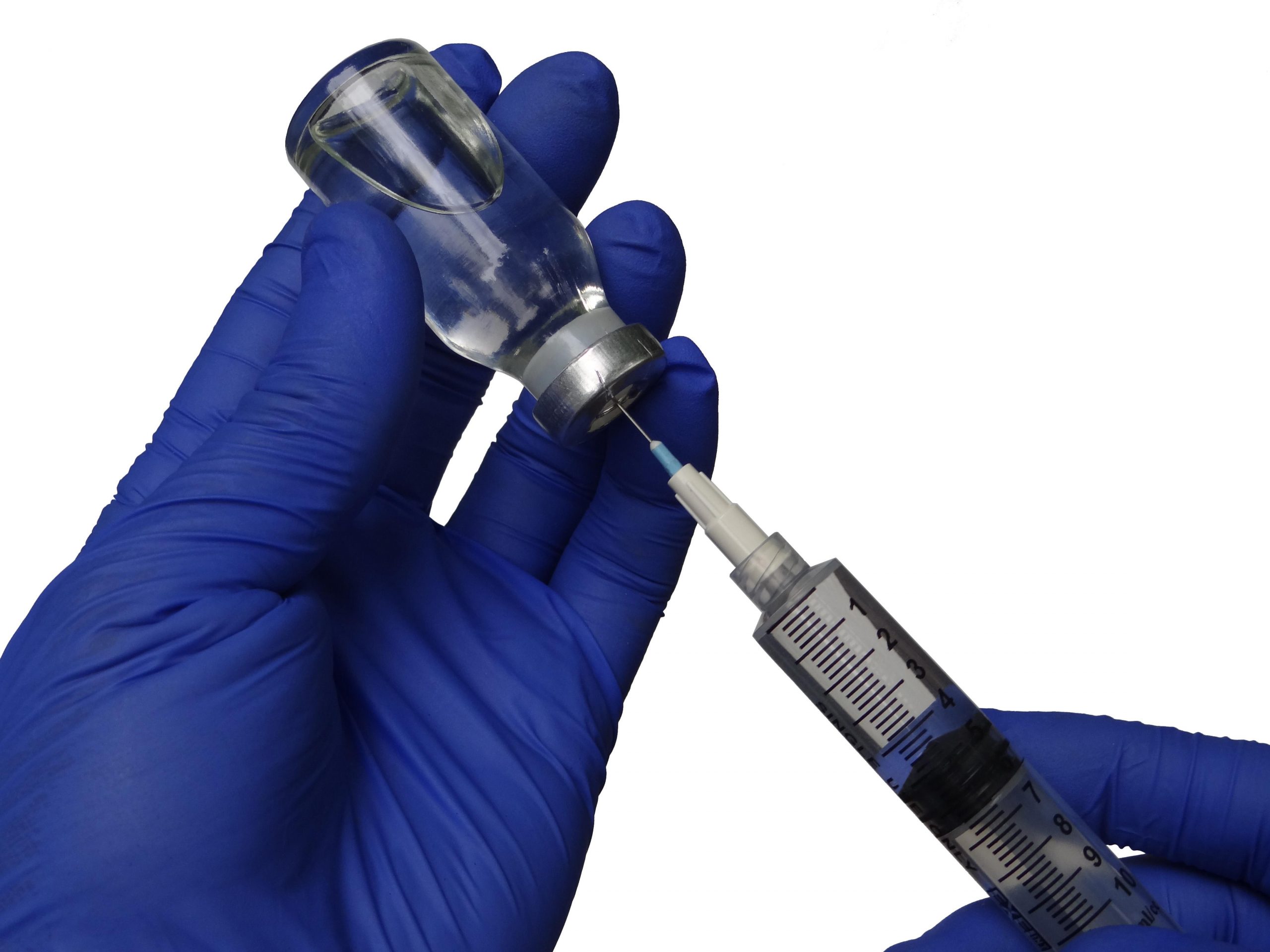- Free Consultation: 401-552-5000 Tap Here To Call Us
Reducing Medical Errors in Surgery by Eliminating Inexact Language

Any number of words can be considered highly subjective; for instance, “a little” or “a lot”. Telling a child that they may have “a little” or “a lot” of ice cream may cause an argument at home, but will likely be forgotten minutes later. However, using inexact language like this in a serious medical situation can have dire consequences. As a Rhode Island personal injury lawyer experienced with medical malpractice claims, Attorney David Tapalian knows that even the smallest of details can be the difference between life and death in a critical medical situation. Doctors and surgeons perform complicated and intricate feats in the operating room on a daily basis. Yet, a seemingly minor miscommunication can result in a patient suffering severe, life-altering injuries, rather than successfully recovering from a simple, routine procedure.
Miscommunication is a significant cause of preventable “adverse events” in surgical cases and a research study at the University of Pittsburgh Medical Center looked at the dangers of using inexact language in the operating room. Certain words can be ambiguous and potentially lead to devastating consequences for surgery patients. Authors of the study looked through 319 minutes of medical transcripts for surgeries occurring at the University of Pittsburgh Medical Center and overall, the publication claims that within those surgeries there were almost 4,000 instances of imprecise language. The surgical teams used ambiguous language over 12 times per minute. In particular, with six of the different surgeries, the researchers found that medical professionals used inexact language over 130 times.
A common example cited in the study was rounding a numerical measurement that should have been stated precisely, i.e., instructions called for a cut “around” 4 centimeters, for a proposed cut of precisely 3.5 centimeters. One sentence that particularly stood out to researchers was “take this over there.” In this statement, two of the words are largely ambiguous and can be taken to mean multiple different things. The word “this” doesn’t make clear what object “this” refers to, and “there” does not explicitly state the location of “there”. Leaving the interpretation open by using inexact, or highly subjective, language can result in a misinterpretation and potential error. If a patient suffers an injury due to a surgical error, they should seek legal advice from a personal injury attorney in Rhode Island who is experienced with medical malpractice claims.
Proposed Solutions for Inexact Language in Medical Practice
Semantical experts advise that surgeons practice using more direct and explicit language to ensure patient safety, even it may come off as a bit boorish in the moment, as one hypothesis for why many phrases are not exact is that lead doctors do not want to seem rude when talking to residents or medical students. Another potential solution is to equip operating rooms with more signs that can be used to designate which way is left, right, up, and down. These signs would standardize the directions of the room no matter what location someone may be situated in.
Alternatively, some other studies claim that miscommunication is not as large as a problem causing medical errors as previously thought and the authors claim that one of the most common medical errors is caused by an error of omission, which means not doing something when it should have been done. For example, a doctor might not prescribe a certain medication or recommend a specific surgery when it was actually needed for a patient’s wellbeing. The other common error is of commission, meaning that the medical provider made a procedural mistake. One instance is when a pharmacist measures the dosage of a prescription incorrectly. These researchers claim that minimizing medical errors should focus on reducing these two errors as opposed to miscommunication.
A Personal Injury Lawyer Can Help with Your Rhode Island Medical Malpractice Claim
If you or someone you love has suffered an injury due to a medical error or medical misdiagnosis, Attorney David Tapalian can help determine if you have a valid medical malpractice claim. If your doctor or healthcare provider is found negligent and responsible for your injuries, you may be eligible for compensation for your hospital expenses, medical bills, lost wages, and pain and suffering. David has a record of achievement spanning hundreds of personal injury cases across Rhode Island, Massachusetts, and Florida. With a main office located in downtown Providence with free parking, Tapalian Law is conveniently located for you to get help following a medical malpractice injury. If you are hurt, we will travel to the hospital to speak with you or set up a virtual call at your convenience. Medical malpractice cases need to be completed within a specific time period, so don’t delay seeking help. Call Tapalian Law at 401-552-5000, or set up your free consultation online.







